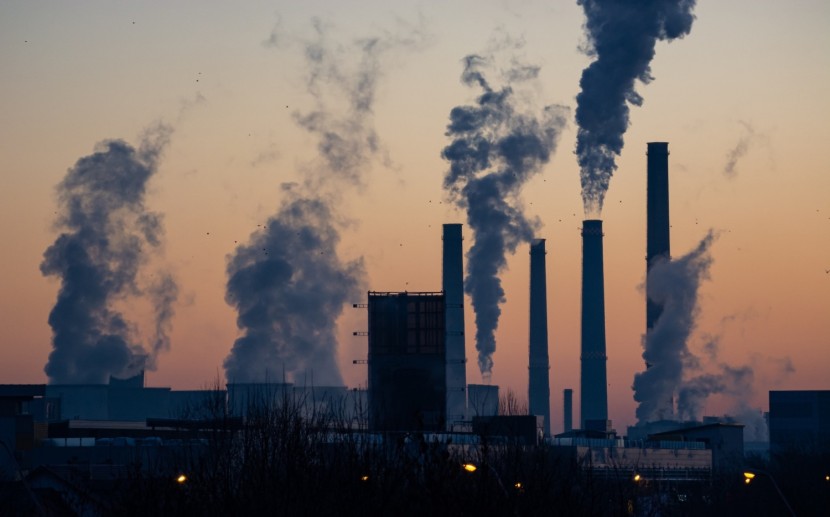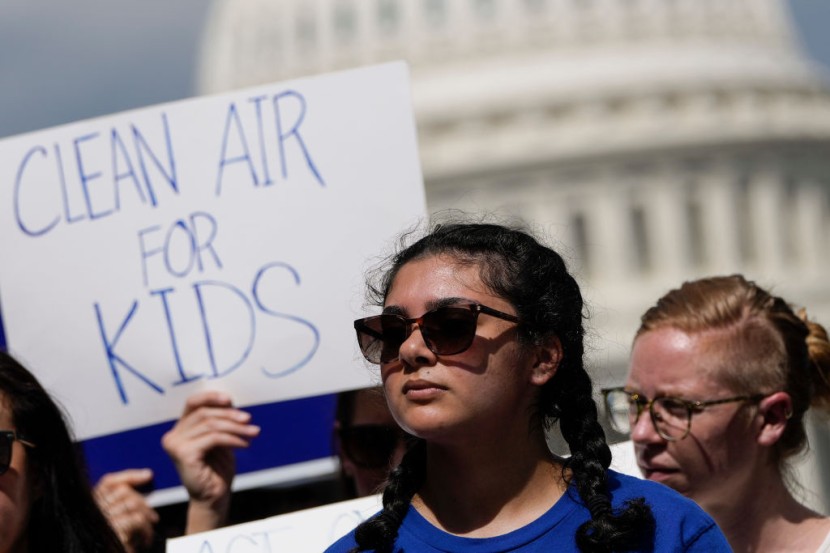
The Environmental Protection Agency (EPA) is expected to present a regulation that would compel all US power facilities to either eliminate or significantly cut their emissions of fossil fuels that cause global warming.
Crackdown on Power Plant Emissions
New and existing coal and natural gas power plants throughout the country would be subject to the regulations, CNN reported. These fossil fuels are at the heart of the climate issue and must be phased out if we are to save our planet.
Under the plan proposed by the Biden administration, utilities would be required to install expensive carbon capture equipment at numerous power plants or add clean hydrogen fuel.
The new regulations would let utilities decide for themselves how to achieve the emissions goals, unlike the Obama administration's Clean Power Plan, which was met with widespread resistance all the way to the Supreme Court. It is also possible that the new standards will not apply to power facilities that are scheduled to shut down soon.
Also Read : Oil Spill: Environmentalists Urge UK Banks to NOT Support Philippines' Fossil Fuel Growth
Looking at the Bigger Picture
The EPA predicted that between 2028 and 2042, the measures would reduce carbon emissions from existing coal and new gas plants by around 617 million metric tons. Furthermore, the government predicts the regulations will decrease carbon dioxide output from current gas plants by 214 to 407 million metric tons.
According to the White House and the EPA, the new standards would help get the country to President Joe Biden's goal of 100% clean power by 2035 at a minimal cost increase to consumers. EPA Administrator Michael Regan forecast that the cost of power will increase by 2% by 2030 and by only 0.08% by 2040.
"We believe that where we will end up will be squarely in line with the President's goal," Regan stated. He said the advantages to the environment and public health would much outweigh the little increase in power costs.
Up to 15 billion metric tons of plant-warming pollution might be averted due to new guidelines proposed by the EPA to minimize pollution from oil and gas, cars, and refrigerants.
The administration's recent initiatives to reduce car emissions are a major contributor, but the clean power plant requirements are also important. While only accounting for a small percentage of total US emissions, the power sector is critically important since it provides power for electric vehicles (EVs) and aids in the decarbonization of manufacturing.
New legal and political hurdles will be thrown in the way of the rule. But Regan said that the new power plant restrictions "would bring us one step closer in our mission to safeguard the air our children breathe."









